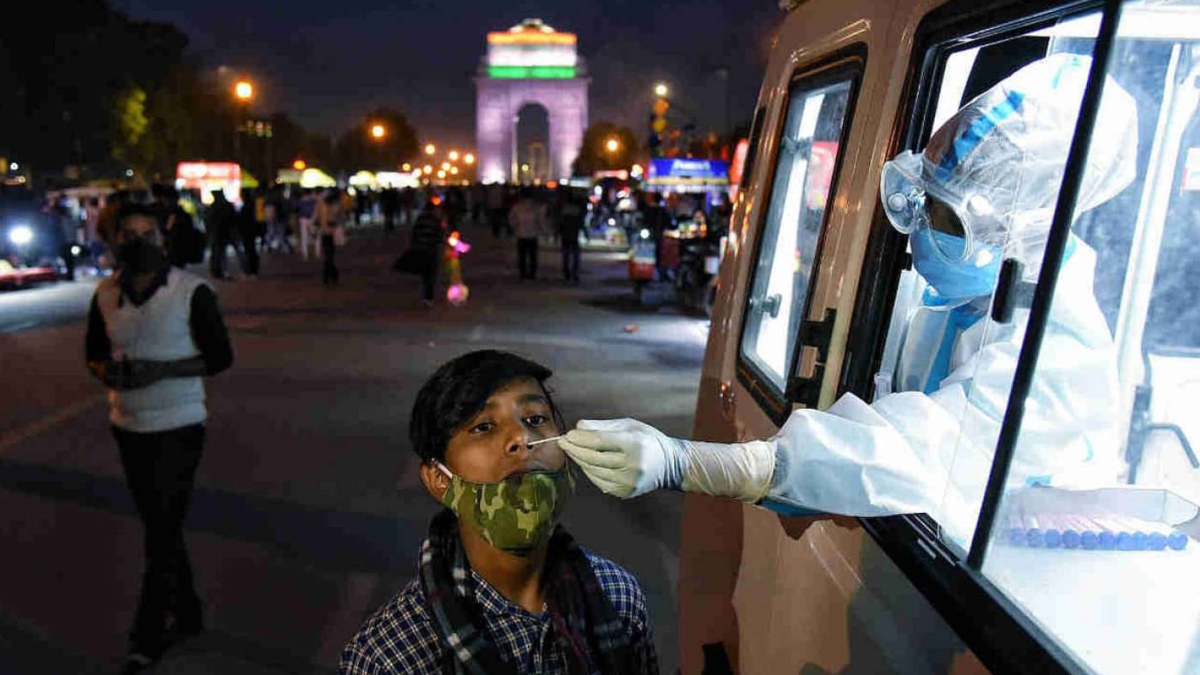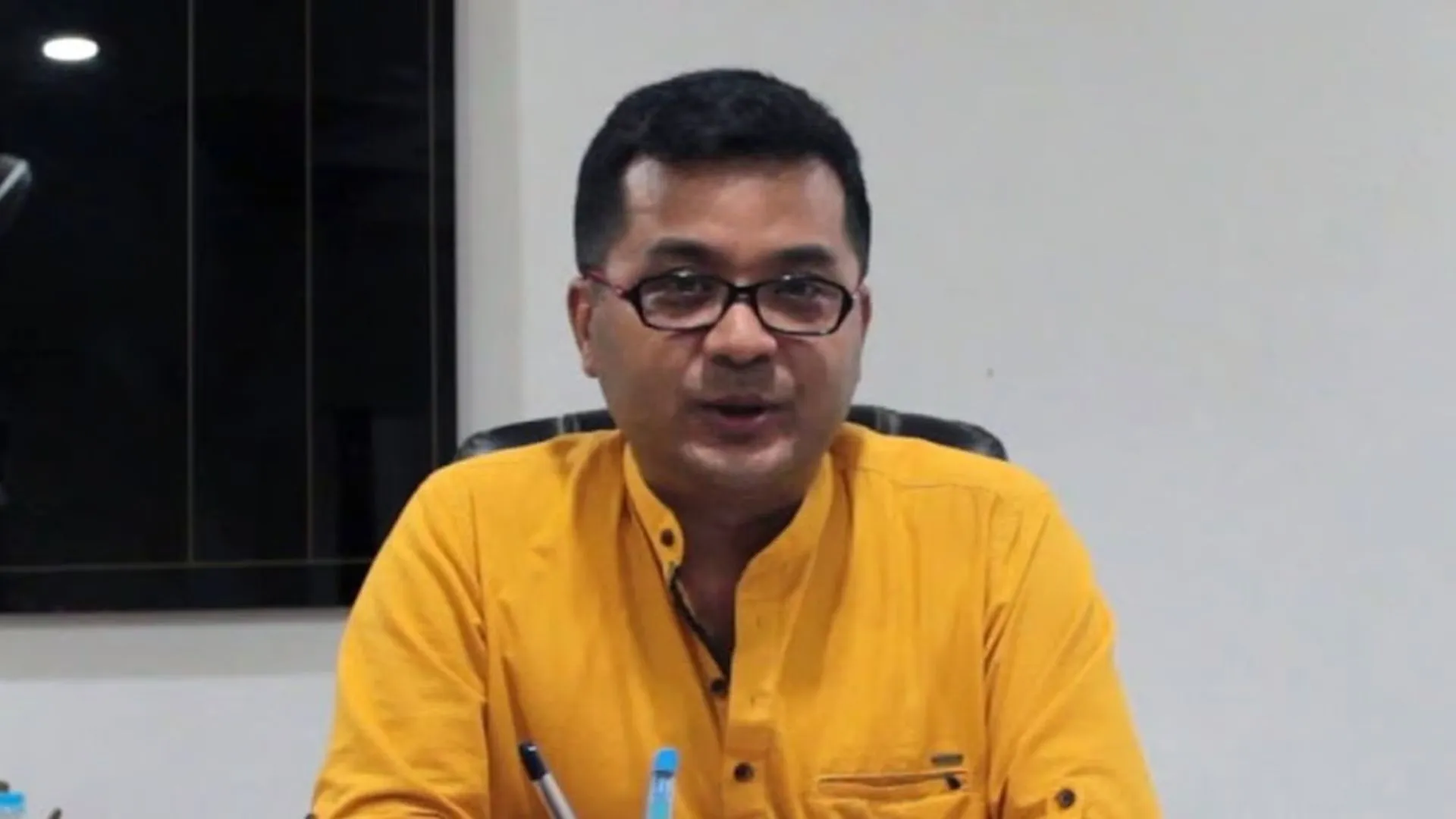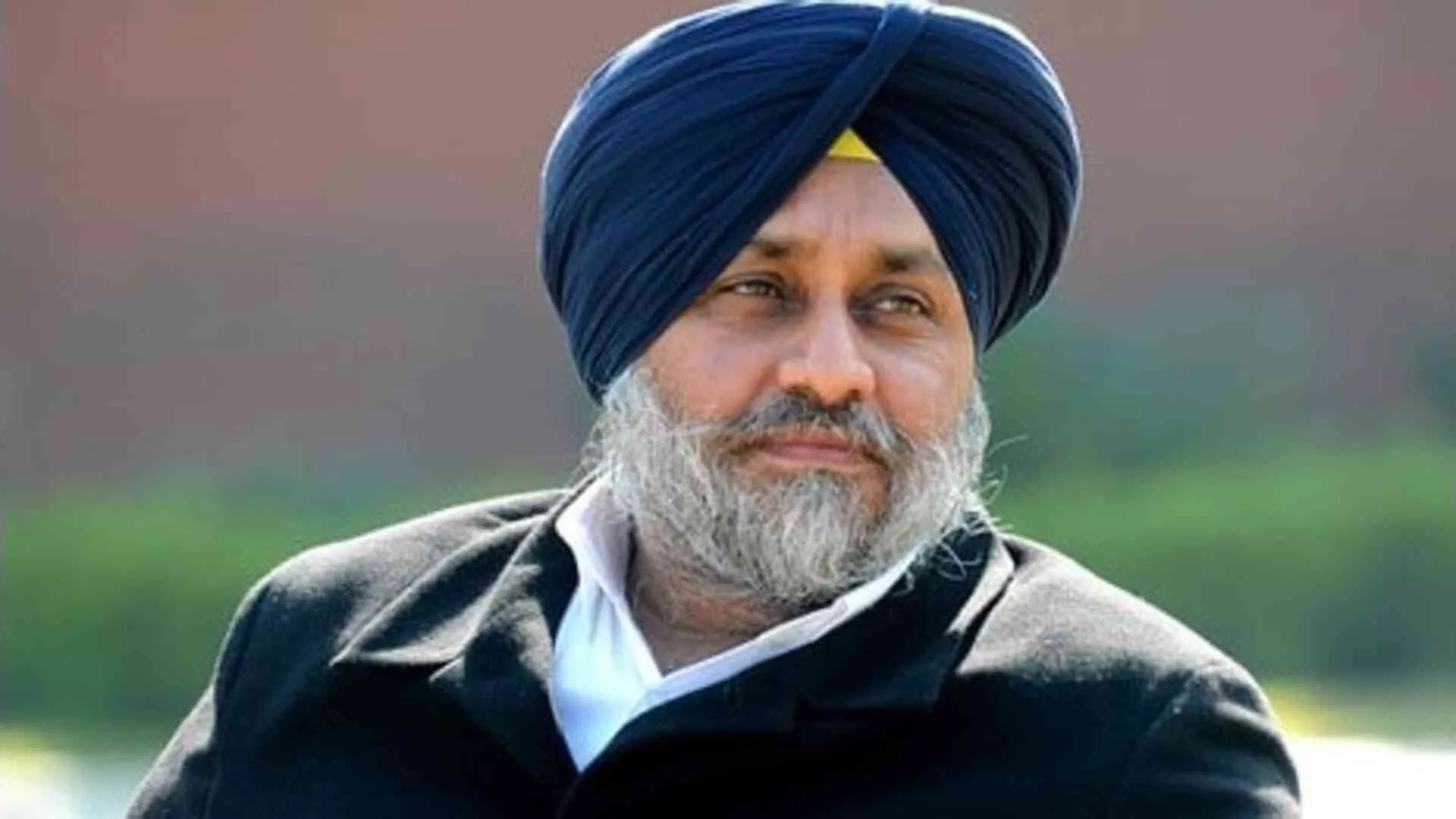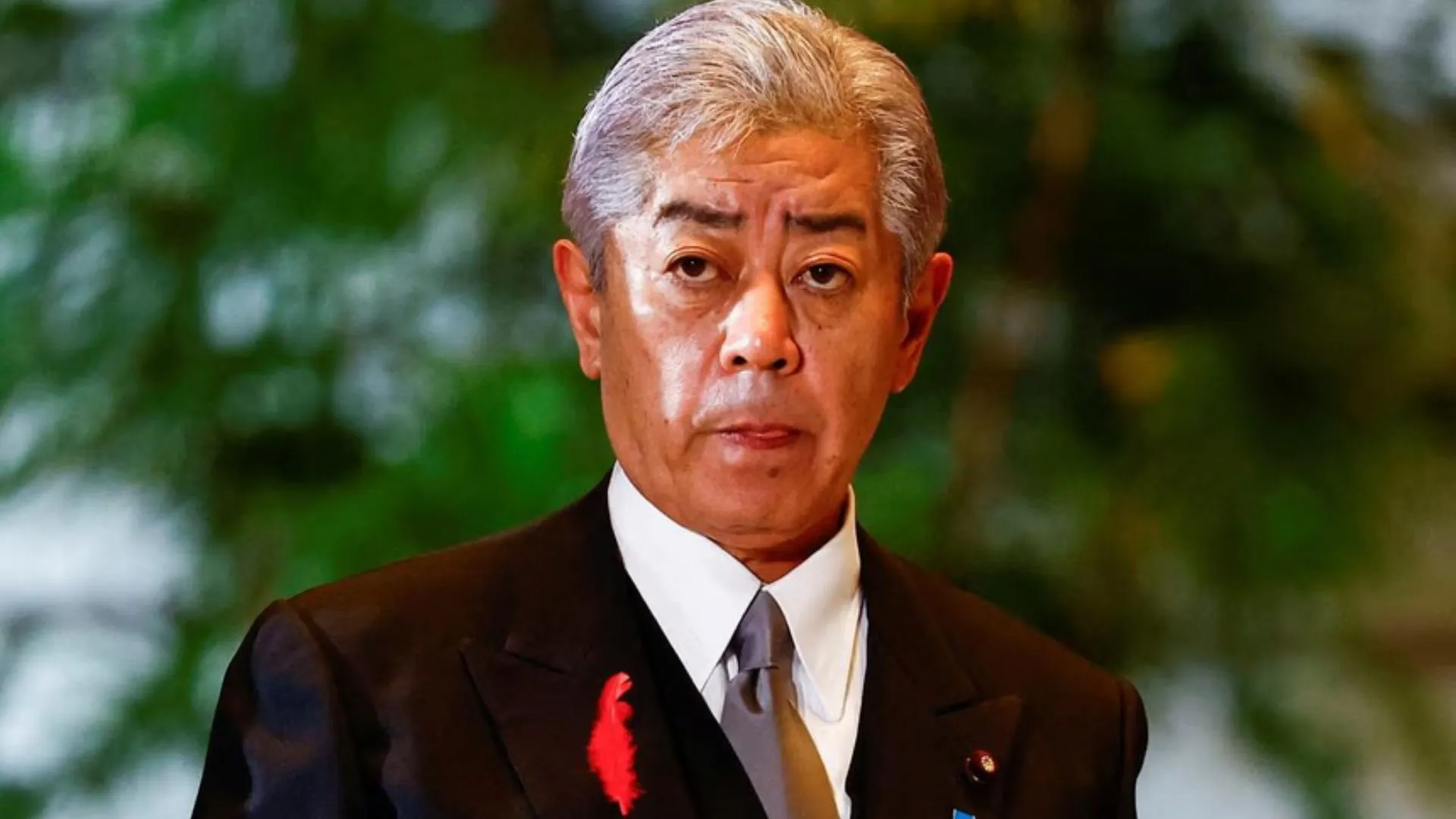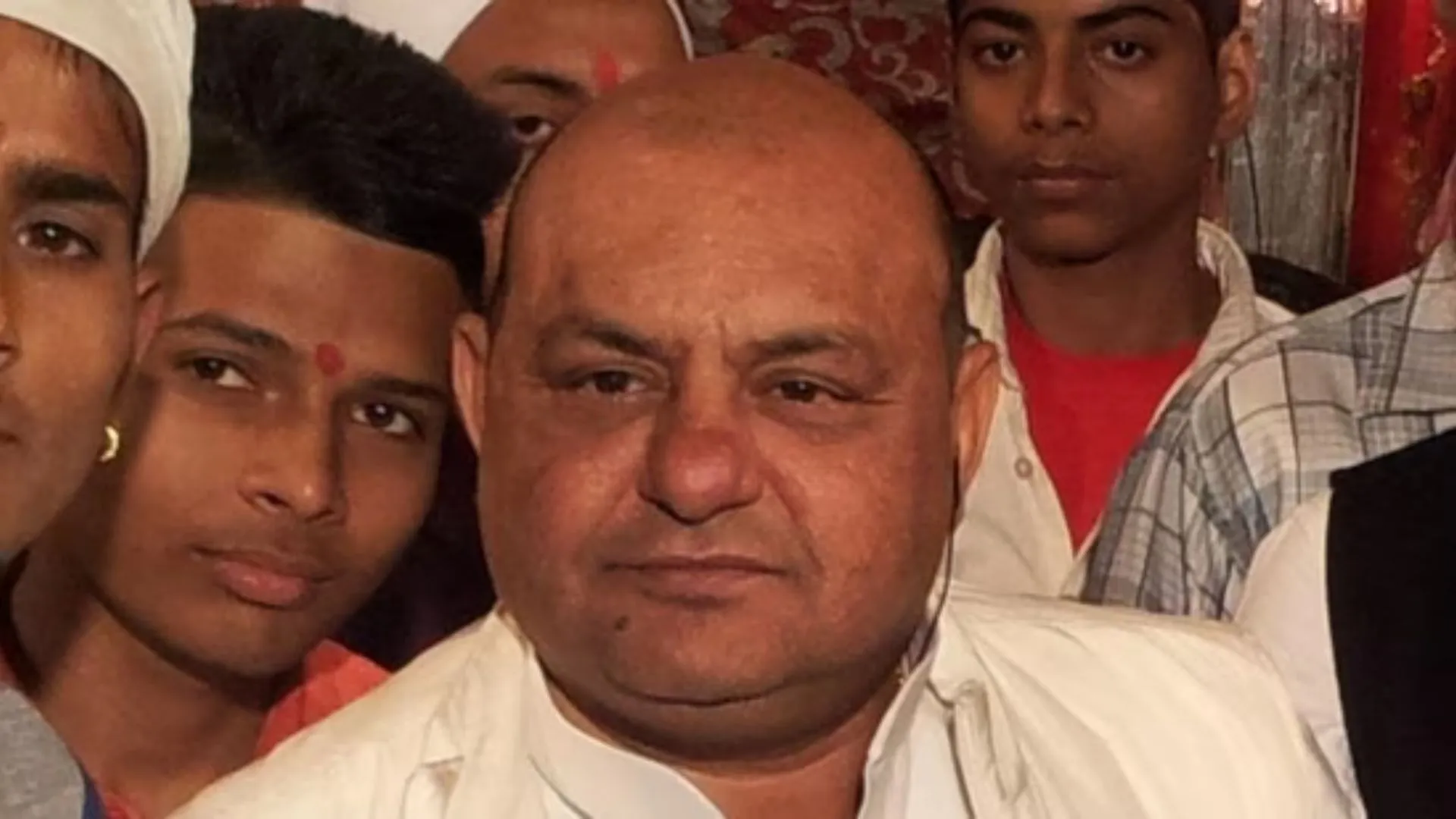Horace Greeley once said, “Common sense is very uncommon!” The recently published interim report of extended solidarity trial published in NEJM on 2 December 2020, “Repurposed Antiviral Drugs for Covid-19”, reported that antiviral drugs (hydroxychloroquine, Remdesivir, lopinavir, interferon) failed to win the race when compared to the placebo, in an assigned group of patients.
The WHO does not trust drugs like ivermectin, Doxy, etc. Many senior microbiologists and intensivists would laugh it out, arguing that these drugs would only help in controlling parasitic infestations. Harrington et al, therefore, appropriately chose a title (“A Large, Simple Trial Leading to Complex Questions”) for their argumentative editorial. They wrote, “No intervention acts on two persons in an identical fashion: patients present with different risk factors, are treated in different healthcare settings, and begin treatment at different stages of illness. In particular, the effectiveness of an antiviral agent can depend on whether a patient presents early (during viral pathogenesis) or later (when immunopathologic conditions or other complications may be more important).” They also pointed out the usefulness of the result of the ‘solidarity trial’ in denying the role of antiviral agents in patients who have entered in the second phase of illness described as the cytokine storm. Rightly, they asked, “What is a more effective timing for the use of Remdesivir, and should it be used in combination with other agents? How is the course of hospitalization affected by the type and level of care delivered in particular settings?”
This is the question of common sense: why not use an antiviral agent when the virus is replicating? What role can they play once the war for life has entered a phase where the virus itself has been cornered?
This is the argument extended in the recovery trial against the early use of steroids, so not to time it with viral replication phase. The results of the recovery trial, however, supports the use of the steroids in late first and second weeks when evidence of lung involvement is evident by rising oxygen requirement and falling SPO2 <95%. In various articles, it has been shown that viral replication in the upper respiratory tract, to a larger extent, is immunologically inert. Once the virus climbs down to the pneumocyte type II cells, its pathological journey starts and gets reciprocated by the dysregulated immunological response, sequentially leading to diffuse alveolar damage, inflammatory infiltrates, microvascular thrombosis, resulting in a simulating picture of adult acute respiratory syndrome. No wonder, classical findings of rising levels of interleukins 10/6, TNFα, evidence of lymphocyte exhaustion and lymphopenia come almost hand in hand.
Drugs like doxycycline and ivermectin have been used rampantly in every nook and corner of northern-western India. Interestingly, ICMR is playing ‘once bitten and twice shy’, because India was the first country which boldly adopted HCQ prophylaxis and was thoroughly criticized by Americans. The criticism came in the wake of deaths reported in Covid patients receiving HCQ. Analysis says that HCQ and azithromycin are potential drugs which may adversely affect the conduction system; at least 60-70% patients with late phase Covid may have myocardial edema, making them a substrate for arrhythmia. It is the CDC which allows almost no medicines in the first week of illness. India has improved in its recovery rate, remarkably from 60% to 95%. How? I talked to many friends who were partying hard, and one after another, became Covid-positive. They consulted a local physician and got a prescription of Ivermectin 24 mg, Doxy 100 mg twice a day, zinc, vitamin D, vitamin C, and even favipiravir, as soon as the report was received, and recovered completely. There are many patients who presented with anosmia. Those who were treated with ivermectin recovered within 7-10 days. I came to know about this in March but experienced it now when I became Covid-positive. Globally, people are experiencing good results from the use of ivermectin.
Therefore, there is evidence that many repurposed antivirals, antiprotozoal, and anti-bacterial drugs have hidden talents to combat Covid-19, at least partially. These drugs are less harmful when one compares them to the 5-10% chance of having serious lung, heart, kidney and brain complications. Patients probably need cardiac care, LMWH or antiplatelets, statins for a longer period, but in a nutshell, patients who recover the second or third phase are obviously not the fittest to survive.
Jeon et al wrote, “Among the 48 drugs that were evaluated in our study, 24 drugs showed potential antiviral activities against SARS-CoV-2, with IC50 values in between 0.1 and 10 μM. Few of them are as follows—tilorone, cyclosporine, chloroquine, mefloquine, amodiaquine, proscillaridin, salinomycin, ouabain, cepharanthine, ciclesonide, oxyclozanide, anidulafungin, gilteritinib, berbamine, ivacaftor, bazedoxifene, niclosamide, and eltrombopag.”
It is common sense that the first five days are of viral replication and subsequently 10% chance of having a vicious immunological storm. Conversely, it is logical to use repurposed antiviral drugs when the virus is replicating and steroids only when the body is brewing cytokines to bring a storm and lymphocytes in back-foot.
Vaccines are illusionary in view of the fact that the duration of trials has been accelerated too fast. Tinkering with the immune system is always a double-edged sword. The oral polio vaccine was introduced in the 70s and there were fears of its association with autism. It took more than 20 years to convince the government in the US. Till now the flu vaccine is not considered as the safest and most efficient vaccine for various reasons. We must remember that natural infection has failed to ensure long-lasting immunity. There are articles suggesting that the virus may co-exist with IgG in asymptomatic or mildly symptomatic patients.
The author is a paediatric cardiologist at Manipal Hospital, Delhi. The views expressed are personal.

